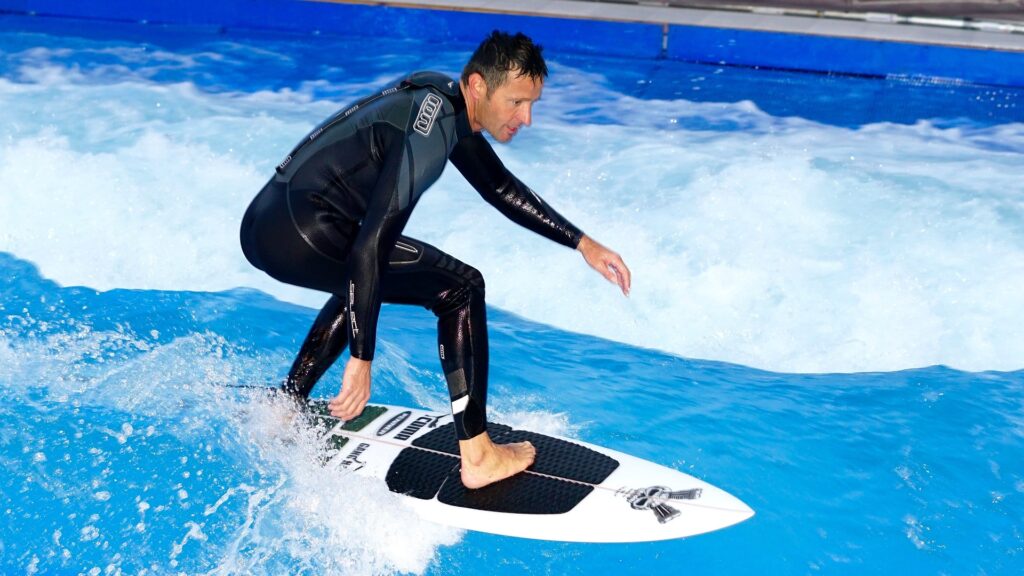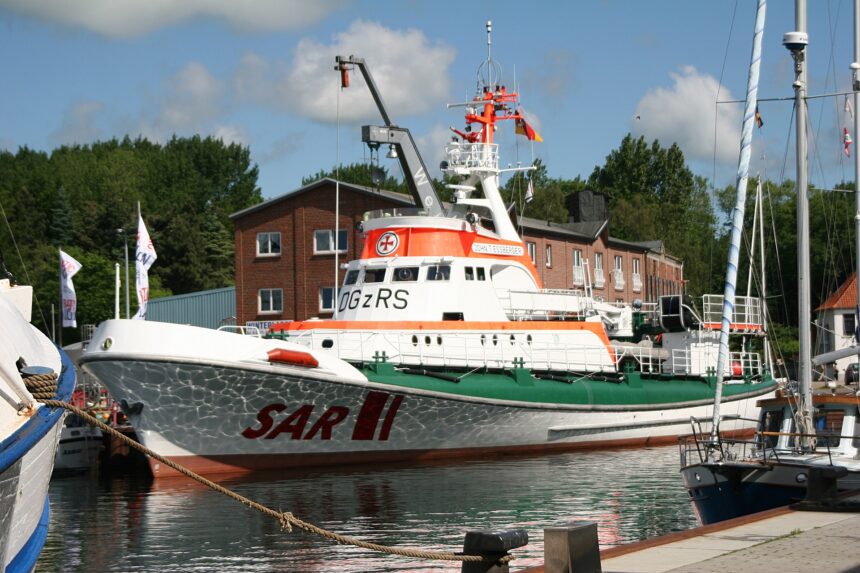In today’s fast-paced and ever-evolving professional landscape, possessing specialized skills can set you apart from the competition. Among these, SAR skill—Search and Rescue skill—has emerged as a critical competency, particularly in sectors such as emergency services, outdoor adventure, and disaster response. This article aims to provide a detailed exploration of SAR skills, the training involved, practical applications, and tips for mastering these vital abilities.
Understanding SAR Skill
SAR skill refers to the techniques and knowledge required to conduct effective search and rescue operations. This may involve locating missing persons, recovering individuals from hazardous situations, and providing immediate assistance to those in distress. SAR operations can occur in various environments, including wilderness areas, urban settings, and maritime contexts, each requiring unique strategies and equipment.
The Importance of SAR Skill
The importance of mastering SAR skill cannot be overstated. In emergencies, the ability to quickly locate and assist individuals can save lives. Professionals trained in SAR techniques are invaluable assets to organizations such as fire departments, police forces, and search and rescue teams. Furthermore, these skills are also essential for outdoor enthusiasts, ensuring they can navigate and respond effectively in challenging environments.
Components of SAR Skill
Mastering SAR skill involves several components, each critical to effective performance in real-world scenarios.
1. Navigation and Mapping
One of the foundational elements of SAR skill is navigation. Professionals must be adept at reading maps, using compasses, and employing GPS technology. Understanding topographical maps, recognizing landmarks, and calculating distances are essential for planning search patterns and coordinating efforts in the field.
2. Communication
Effective communication is crucial during search and rescue operations. This involves coordinating with team members, relaying information to command centers, and, when necessary, communicating with victims. Familiarity with communication devices, such as radios and satellite phones, is also important for maintaining contact in remote areas.
3. Medical Knowledge
A solid understanding of first aid and basic medical procedures is essential for any SAR professional. The ability to assess injuries, provide immediate care, and stabilize individuals until further assistance arrives can significantly impact outcomes during rescue operations.
4. Technical Skills
Various technical skills are required depending on the environment in which SAR operations occur. For instance, in wilderness settings, knowledge of climbing, rope rescue techniques, and survival skills can be invaluable. In urban areas, professionals may need to understand building collapse protocols and high-angle rescues.
5. Teamwork and Leadership
SAR operations often involve multiple team members and agencies. Developing teamwork skills—understanding roles, fostering collaboration, and enhancing morale—is vital for effective missions. Additionally, leadership skills are necessary for coordinating efforts and making critical decisions under pressure.
Training for SAR Skill Mastery
To effectively master SAR skill, professionals must undergo rigorous training. Various organizations offer specialized training programs that cover the essential components of search and rescue operations.
1. Certification Programs
Many certifications exist for SAR professionals, such as:
- Wilderness First Responder (WFR): This certification focuses on medical care in remote environments and is essential for those working in wilderness search and rescue.
- Technical Rescue Certification: This includes training for high-angle, water, and confined space rescues, providing the necessary skills for diverse environments.
- Emergency Medical Technician (EMT): An EMT certification can enhance a SAR professional’s medical knowledge and response capabilities.
2. Workshops and Field Training
Participating in workshops and field training exercises can greatly enhance practical SAR skills. These hands-on experiences allow professionals to practice navigation, rescue techniques, and teamwork in controlled environments, preparing them for real-life scenarios.
3. Simulations and Drills
Regular participation in simulated search and rescue operations and drills is crucial for maintaining proficiency. These exercises help teams refine their strategies, improve communication, and enhance coordination under pressure.
Practical Applications of SAR Skill
The applications of SAR skill extend beyond traditional search and rescue teams. Professionals in various fields can benefit from mastering these skills.
1. Emergency Services
Firefighters, police officers, and paramedics frequently engage in SAR operations. Mastery of SAR skill enhances their ability to respond effectively in emergencies, increasing the chances of saving lives.
2. Outdoor Adventure Guides
Outdoor guides and instructors who lead expeditions in remote areas must be proficient in SAR techniques. This knowledge not only helps them ensure the safety of their clients but also prepares them for emergencies in challenging terrains.
3. Military and Defense
Military personnel are often required to conduct search and rescue missions in combat and non-combat situations. Mastering SAR skill is vital for ensuring mission success and the safety of troops.
4. Community Volunteers
Many communities have volunteer SAR teams that assist during emergencies. Individuals with SAR skill can contribute significantly to these efforts, providing essential support during local crises.

Tips for Mastering SAR Skill
To truly master SAR skill, consider the following strategies:
1. Continuous Learning
The field of search and rescue is constantly evolving, with new techniques and technologies emerging regularly. Stay updated on the latest advancements by attending workshops, reading industry publications, and participating in online forums.
2. Practice Regularly
Regular practice is essential for maintaining proficiency in SAR techniques. Engage in training exercises, drills, and simulations to keep skills sharp and ready for deployment.
3. Network with Professionals
Building relationships with other SAR professionals can provide valuable insights and learning opportunities. Attend conferences, join local SAR organizations, and engage in community events to expand your network.
4. Reflect on Experiences
After each training exercise or real-world operation, take time to reflect on what went well and what could be improved. Learning from experiences is crucial for growth and skill enhancement.
The Future of SAR Skill
As technology continues to advance, the future of SAR skill will likely evolve in tandem. Drones, advanced tracking systems, and improved communication tools are changing the landscape of search and rescue operations. Professionals who adapt to these innovations and integrate them into their skill sets will be better equipped to meet the challenges of modern SAR missions.
Conclusion
Mastering SAR skill is essential for professionals involved in emergency services, outdoor adventures, and various other fields. By understanding the core components of search and rescue, engaging in comprehensive training, and continuously seeking opportunities for improvement, individuals can enhance their effectiveness in this critical area. As the demand for skilled SAR professionals grows, mastering these abilities will not only contribute to personal and professional success but also make a significant impact on the lives of those in need. Whether you’re just starting or looking to sharpen your skills, the journey to mastering SAR skill is both rewarding and vital.
FAQs
1. What does SAR stand for?
SAR stands for Search and Rescue, referring to the techniques and knowledge required to locate and assist individuals in emergencies.
2. Why is mastering SAR skill important?
Mastering SAR skills is crucial for professionals in emergency services, outdoor adventures, and disaster response, as these skills can save lives and enhance response effectiveness.
3. What are the key components of SAR skill?
Key components include navigation and mapping, communication, medical knowledge, technical skills, and teamwork/leadership.
4. What types of training are available for SAR skills?
Training includes certification programs (e.g., Wilderness First Responder, Technical Rescue Certification), workshops, field training, and participation in simulations and drills.
5. Who can benefit from SAR skills?
Emergency services personnel, outdoor adventure guides, military personnel, and community volunteers can all benefit from mastering SAR skills.
6. How often should I practice SAR skills?
Regular practice is essential. Engage in training exercises and simulations frequently to maintain and enhance your proficiency.
7. What technologies are used in modern SAR operations?
Drones, GPS devices, advanced communication tools, and tracking systems are increasingly used in search and rescue operations to improve efficiency and effectiveness.







